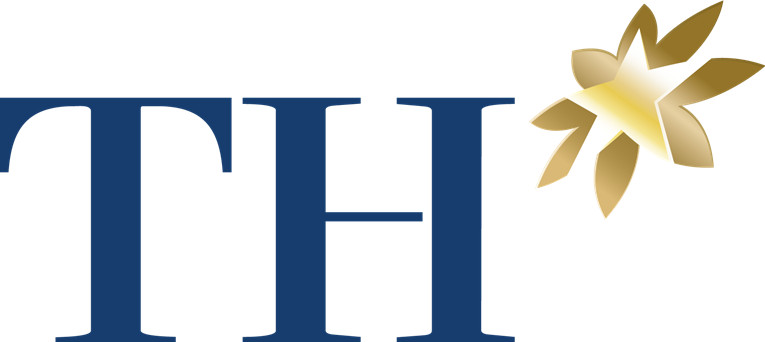With the price advantage, Vietnamese durian has many opportunities to access the UK market
With a preferential tax rate of 0% under the Vietnam-UK Free Trade Agreement (UKVFTA), Vietnamese durian has a great competitive advantage in price compared to imported products of the same type (currently subject to an 8% tax rate). ). The current price advantage opens up opportunities for Vietnamese durian to reach and conquer British consumers and distributors.
Vietnamese durian receives positive feedback from British consumers
Information from VNA, since the beginning of May 2023 when the first batch of Ri6 durian officially exported to the UK, TT Meridian Company has regularly imported 3-4 tons of this specialty fruit every week.

Mr. Nguyen Canh Cuong, Commercial Counselor, Vietnam Trade Office in the UK, said that the market reaction to Ri6 durian is very positive, with the amount of imported goods over the past 1 month being imported by distributors and distributors. Retail consumption is very good. This is a good sign, showing favorable prospects for Vietnam's specialty durian fruit to expand its market share in the UK in the future.
In particular, with a preferential tax rate of 0% under the Vietnam-UK Free Trade Agreement (UKVFTA), Vietnamese durian has a great competitive advantage in price compared to imported products of the same type (currently subject to 8% tax), amid high inflation making prices a top concern for UK importers, distributors and consumers. Mr. Thai Tran - CEO of TT Meridian - said that the quality of Vietnam's Ri6 durian is almost equivalent to Thailand's Mongthon or Malaysia's Musang King, while the harvest season is earlier and has a lower selling price. Therefore, Vietnamese durian can completely compete in the UK market. Currently, the company's weekly imported goods are being consumed very well, showing its ability to maintain a stable and long-term export market to the UK.
“The UK is a market with many customer segments and Vietnamese durian can target Asian customers as well as manufacturers and processors of durian products such as ice cream, yogurt, and durian drinks.” - Mr. Thai Tran shared.
Currently, besides the Vietnamese community, the Hong Kong (China) community, which is much larger than the Vietnamese community, is a large potential customer group for durian as well as other tropical fruits. Vietnam.
Looking for large logistics partners, reducing costs, increasing competitiveness
Despite recording initial positive signs from the market, for Vietnamese durian to sustain in this market, there are still many challenges. One of the difficulties for durian exporters is the procedure for applying for a certificate of origin for the shipment from Vietnamese authorities.
Mr. Thai Tran said that to enjoy tax incentives under UKVFTA, businesses must directly apply for a paper certificate of origin. This also takes a lot of time, effort and expense. Meanwhile, fresh fruit in general, and durian in particular, when exported, must be transported by air to the importing country on the same day of harvest, to ensure the quality and freshness of the product.
"Therefore, receiving a certificate of origin right on the day the shipment is harvested will create great advantages for businesses" - Mr. Thai Tran said.
Mr. Nguyen Canh Cuong also agreed that the time factor is very important in fruit export, saying that state management agencies need to support businesses by shortening quarantine time and certification time. origin, ensuring the entire process of bringing fruit from the harvest place to the laboratory, to the border gate, customs... within half a day to catch the same day flight and still ensure freshness when reaching the consumer. tasty.
Along with the competitive advantage in price, product quality is also the priority of choice for British consumers. However, durian shipments imported into the UK are currently unstable in quality. This will hinder the building of trust, which is vital to developing long-term partnerships with UK distributors, wholesalers and retailers. Therefore, Mr. Thai Tran recommended that durian producers and exporters need to apply scientific and technical methods and preservation technology to ensure stable quality of the product if they want to maintain the export market. long term.
Another challenge for durian exporters is that transportation costs, logistics costs and intermediary costs are still quite high. Currently, freight charges - which account for a large proportion of the cost of products such as durian - for goods imported from Vietnam to the UK are still about 1 USD/kg higher than other competitors such as China, Malaysia or Thailand. Along with that, logistics costs and intermediary costs are quite high, causing the price of Vietnamese durian to increase a lot when it reaches British distributors and consumers, even though the original price at the garden is very good.
Mr. Thai Tran recommended that Vietnamese businesses need to minimize intermediary costs, and actively seek large logistics partners, offering competitive prices, to reduce costs and increase competitiveness in the economic context. The British economy is facing difficulties with record high inflation.
In addition, export businesses also need to invest in building national brands for Vietnamese goods in general and fruits including durian in particular.
Minh Toan


